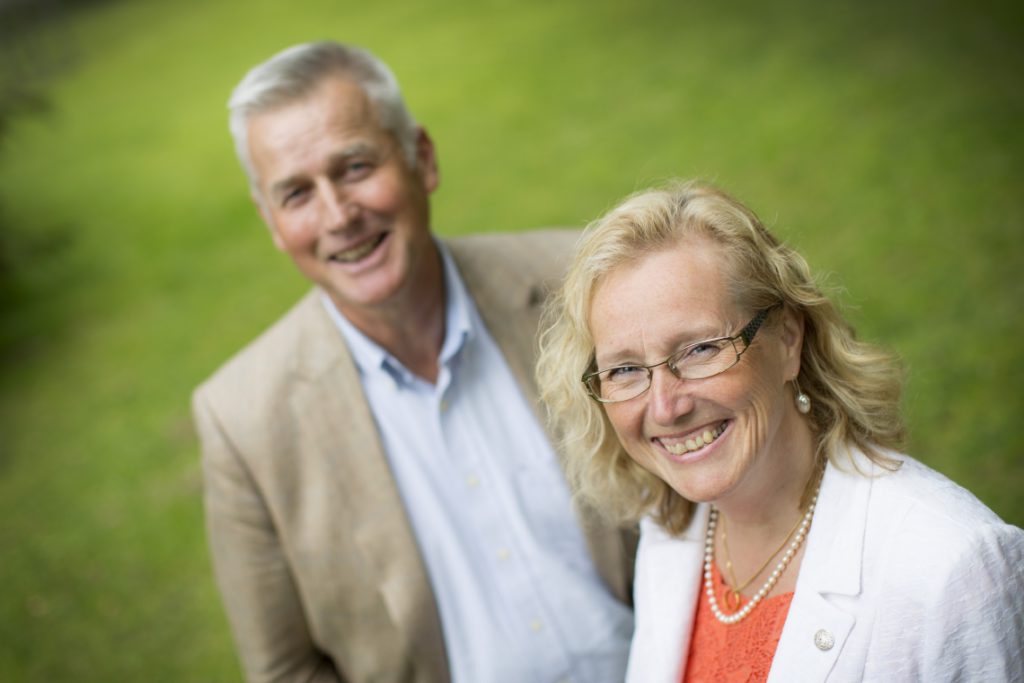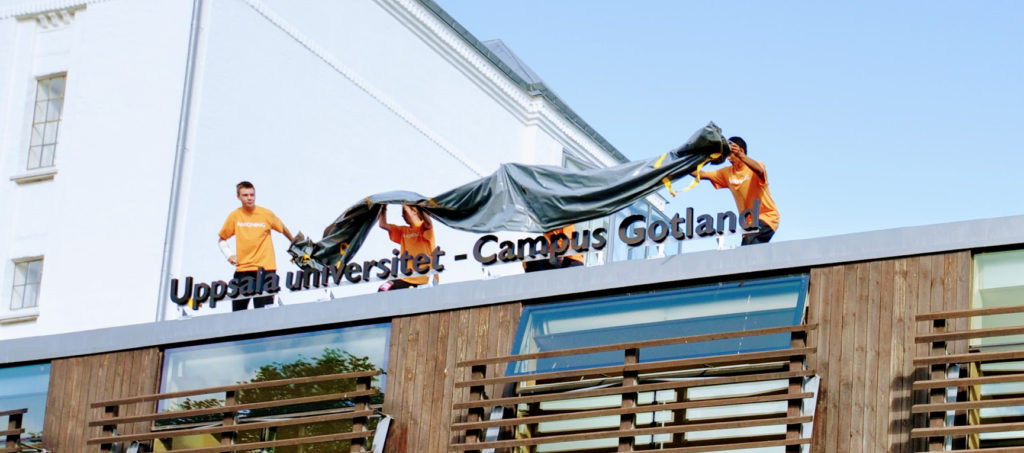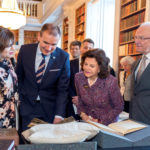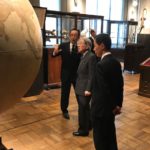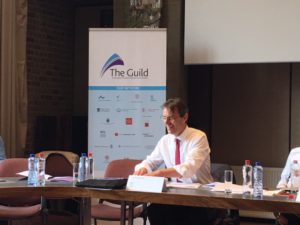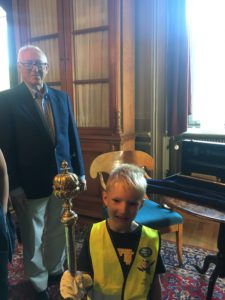After a busy spring semester, a much-needed summer break beckons. For many people at the University, Almedalen Week has become the academic year’s grand finale. This year, Uppsala University is organising some 50 seminars during the week. We will also be participating in debates and trying to draw attention to important issues for the University and for Swedish education and research. On top of this, we will be celebrating Campus Gotland’s fifth anniversary as part of Uppsala University.
For those of us in the University Management, the spring semester, as always, has involved a wide variety of events and duties. We have had many visits (for example, from the President of Iceland and the UN Secretary-General) and made a number of trips (Eva’s visit to South Africa with SASUF [link] and Anders’s trip to Japan for the opening of the Uppsala exhibition “The Art of Natural Science” at Tokyo University Museum [link] were probably the most memorable).
In the international arena, we are active in various networks, right now probably most intensively in the Guild (where Eva is a board member) and the U4 network, which has become more relevant than ever as a possible pilot for the new European Universities initiative planned by the European Commission.
In the national arena, we have been active above all in the discussions on governance and resources, internationalisation, and quality systems – in the context of ongoing government inquiries and current Swedish Higher Education Authority tasks.
Internally at the University, apart from the major spring undertaking of the operational plan and budget for 2019, we have above all continued to focus on issues that emerged clearly as areas for development in the Quality and Renewal 2017 evaluation: strengthening the University’s strategic capacity for renewal, developing the role of head of department, improving our career systems and developing the University as an international environment for work and study. We have also started a project on the long-term development of the University’s physical environment (Development Plan 2050), led by Johan Tysk, and a revision of the University’s Mission and Core Values, which Anders will lead.
These are a few examples of what has kept the University Management busy this spring. We hope it all helps create enabling conditions for the activities that are the point and purpose of the University: the research that generates new and important knowledge, the education that equips people to make valuable contributions to society, and the collaboration that opens doors for tomorrow’s solutions to technical, social, cultural and environmental challenges.
Thank you for the privilege of working at Uppsala University with you.
We wish you all an enjoyable summer. See you in the autumn!

